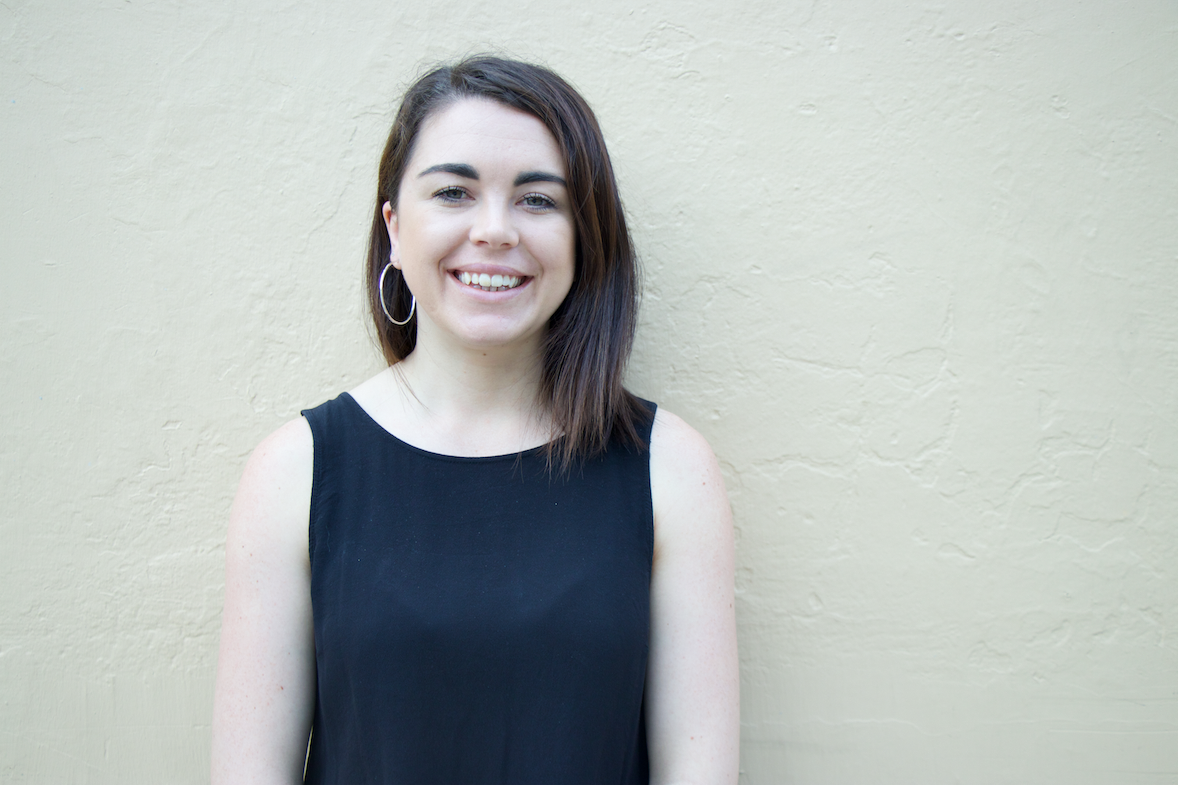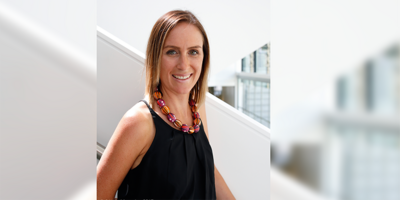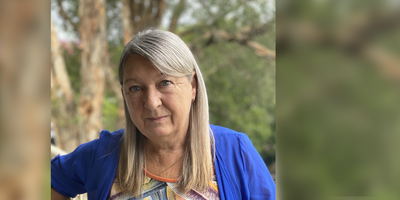
Meet Keziah Bennett-Brook, Manager, Aboriginal and Torres Strait Islander Health Program
Keziah Bennett- Brook is the Manager of the Aboriginal and Torres Strait Islander Health Program at The George Institute for Global Health Australia.
Q. Tell us a little bit about yourself and how you got started in working in the research space?
A: I am a proud Torres Strait Islander woman on my Mum’s side, am strongly connected to Dharawal Country where I grew up in Wollongong, and feel privileged to now work on Gadigal Country. I studied at Wollongong University where I did a Bachelor of Arts majoring in English Literatures and a Bachelor of Media and Communications majoring in Journalism and Professional Writing. During university I had been very engaged and integrated in many groups and societies, and like many others, felt a little lost with where to go and what to do when I finished. Although I had not studied health I had always been interest in the space.
I was approached by the wonderful Professor Kathleen Clapham (Prof Indigenous Health) from the Australian Health Services Research Institute and offered a role as a research assistant. I very quickly progressed from an RA to a project manager and worked on a number of projects, primarily in paediatric injury prevention among Aboriginal and Torres Strait Islander communities and improving the recruitment and support for Aboriginal and Torres Strait Islander higher degree research students. At the same time within a volunteer capacity, I helped coordinate the Community Education program for a Wollongong based not-for-profit SCARF (Strategic Community Assistance for Refugee Families) in partnership with the Refugee Council of Australia.
Q. How long have you been working at The George Institute?
A: I started in December 2017, so almost two years.
Q. What attracted you to apply for your role?
A: In my previous role as a project manager I had been working on a number of projects in collaboration with researchers from TGI and was approached through this connection to see if I was interested in the role of Program Manager of the Aboriginal and Torres Strait Islander Health. At first I was unsure of what the role would entail but am so incredibly grateful that I was offered this role as I can confidently say it has been the best decision I have ever made.
What really excited me about the role was the opportunity to really shape a program, structure and strategy around bits and pieces of work that already existed within the space, however in a way that was led by and serves the genuine interests of Aboriginal and Torres Strait Islander peoples. Further to this I knew what a great reputation The George Institute had and having already worked collaboratively with very dedicated and wonderful researchers from TGI I was excited by the culture of the institute. The George Institute’s core values are closely aligned with my own and I wanted an opportunity to work for an organisation that has a humanitarian commitment to effecting positive change.
Q. Can you tell me a little about what the responsibilities of a Program Manager and what your area of work is?
A: I find my role very exciting and things change day to day depending on what I am working on. Broadly speaking, my role involves leadership over things as they relate to Aboriginal and Torres Strait Islander health research, program resource oversight and management, developing and monitoring policy, providing input into organisational structures and processes, setting strategic directions and inputting into wider TGI strategy, developing and maintaining partnerships with key stakeholders and communities, government engagement and submissions, guiding the communications advocacy and translation of research, and importantly, supporting Aboriginal and Torres Strait Islander staff as well as others working within the space in order to enact meaningful research that best serves the communities we work with. I take my responsibilities very seriously and am really driven to represent and advocate for a Frist Nation’s voice in everything I do.
Q. Why are you so passionate about the work that you do - especially working in the Aboriginal and Torres Strait Islander NCD’s health space?
A: There are too many reasons to articulate why I am so passionate about working within this space. In the first instance, it is my family and community that is affected by these inequities in health and wellbeing. I see clearly there needs to be a broader focus on the social determinants of health and the structural inequalities within the systems in which these critical social issues are addressed. The ongoing effects of colonisation and intergenerational trauma also demand to be addressed if we are to make any meaningful impact. I think the Uluru Statement from the Heart puts it well when it reads, “How could it be otherwise? That peoples possessed a land for sixty millennia and this sacred link disappears from world history in merely the last two hundred years?”
I am incredibly motivated by championing the strength and resilience in Aboriginal and Torres Strait Islander peoples and cultures. I am passionate about genuine engagement with communities and recognising the importance of relationships to be built on trust and integrity as well as an appreciation of—and the cultural competency to respond to—Aboriginal and Torres Strait Islander history, cultures and diversity of communities. To again quote the Uluru Statement, “When we have power over our destiny our children will flourish. They will walk in two worlds and their culture will be a gift to their country.”
Q. What has been your most significant work outcome or work conference since working at The George?
A: The most significant thing has been working alongside an amazing team of people to build a program of research and to support staff to work in a culturally appropriate and responsive way. I have been particularly proud of how much the program has grown and the overwhelmingly positive feedback from people’s involvement and recognition of the importance of addressing Aboriginal and Torres Strait Islander health within the institute.
My favourite conference that I have been to is the 2019 Lowitja Institute International Indigenous Health and Wellbeing Conference in Darwin in June this year. It was a privilege to be part of such an impressive and inspiring program of Aboriginal and Torres Strait Islander researchers and service providers.
Q. What’s your favourite part of your job?
A: I am genuinely excited to come to work every day because of the people I get to work with and because of the impacts of the work that we do. I am incredibly motivated by working alongside people who are committed to improving the health and wellbeing of all, and particularly for Aboriginal and Torres Strait Islander peoples and communities.
I love working within Aboriginal and Torres Strait Islander health research and playing a role in impacting programs, policies and structures while also supporting people to do meaningful work within this space.



